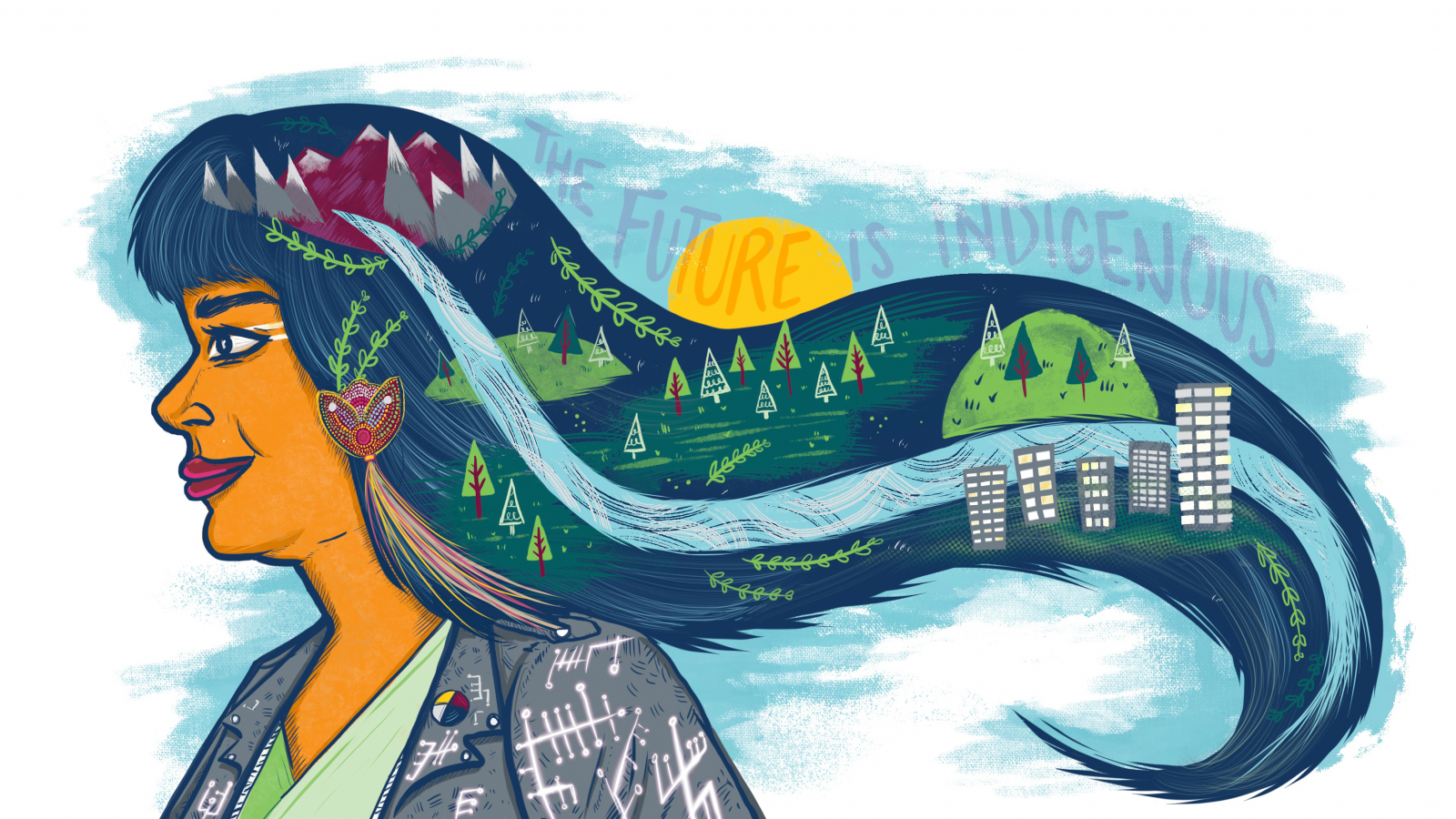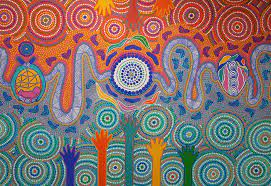AN EDUCATION BLOG
A NEW GROWTH IN EDUCATION
Should I Be Teaching Indigenous History and Culture To My Students, If I'm not Indigenous Myself?
The answer to this question is, YES! Of course teachers should be teaching their students about the history, culture and importance of Indigenous communities. The hesitance stems from the fear, the fear of not knowing and the fear of getting something wrong. Many teachers in fact may have the same question in their head "What if I say or do something wrong?". Well, it is okay to have that fear, that fear is only present due to our ignorance of not knowing or educating ourselves. The first thing a teacher should do before teaching or talking about serious topics is research. It is important for teachers to always inform themselves and research about the history and about words and actions that are appropriate in today's time. It's okay if even after doing researching, you might still feel a little an uneasy. A perfect solution to introducing these topics is through the power of storytelling or storybooks.
EMPOWER GROWTH
Students need to and have the right to know the history of their country, the right way. Canada has been quiet for to long, getting away with injustices and murder. The only way to change things and somewhat compensate the damage causes to the indigenous community is by speaking about it.
Why should Students learn about Indigenous History and Culture?:
students can become more informed and work toward Indigenous reconciliation
be advocates for anti-racism, all in their own right and capacity
Learning to understand Indigenous cultures, histories and languages can open the door to enriching partnerships and relationships—and respectful engagement (Mandewo, 2023)
THE BENEFITS OF INDIGENOUS PEDAGOGY
Learning that money isn't the root to happiness
Don't lose focus on what is important, your family
Growing strong relationships with the community
Give what you can, and give to those in need
Learn to prioritize peace and equality
Learning to care for the land we live in and all living things within it
Indigenous learning can be incorporated into any subject within the curriculum
MY PERSONAL OPINION
INDIGENOUS CHILDREN BOOKS:
https://www.parentscanada.com/family-life/10-wonderful-indigenous-childrens-books/
https://toronto.overdrive.com/search?query=Indigenous&hasAudioSynchronizedText=true&sortBy=relevanc
INDIGENOUS PODCASTS AND GAMES
https://www.cbc.ca/news/canada/podcasts-cbc-listen-national-indigenous-history-month-1.6076495 (7 themed Indigenous Podcasts)
https://guides.library.utoronto.ca/IndigenousBookClub/podcasts (11 podcast)
https://guides.library.utoronto.ca/indigenouseducation/kitsgames




Comments
Post a Comment